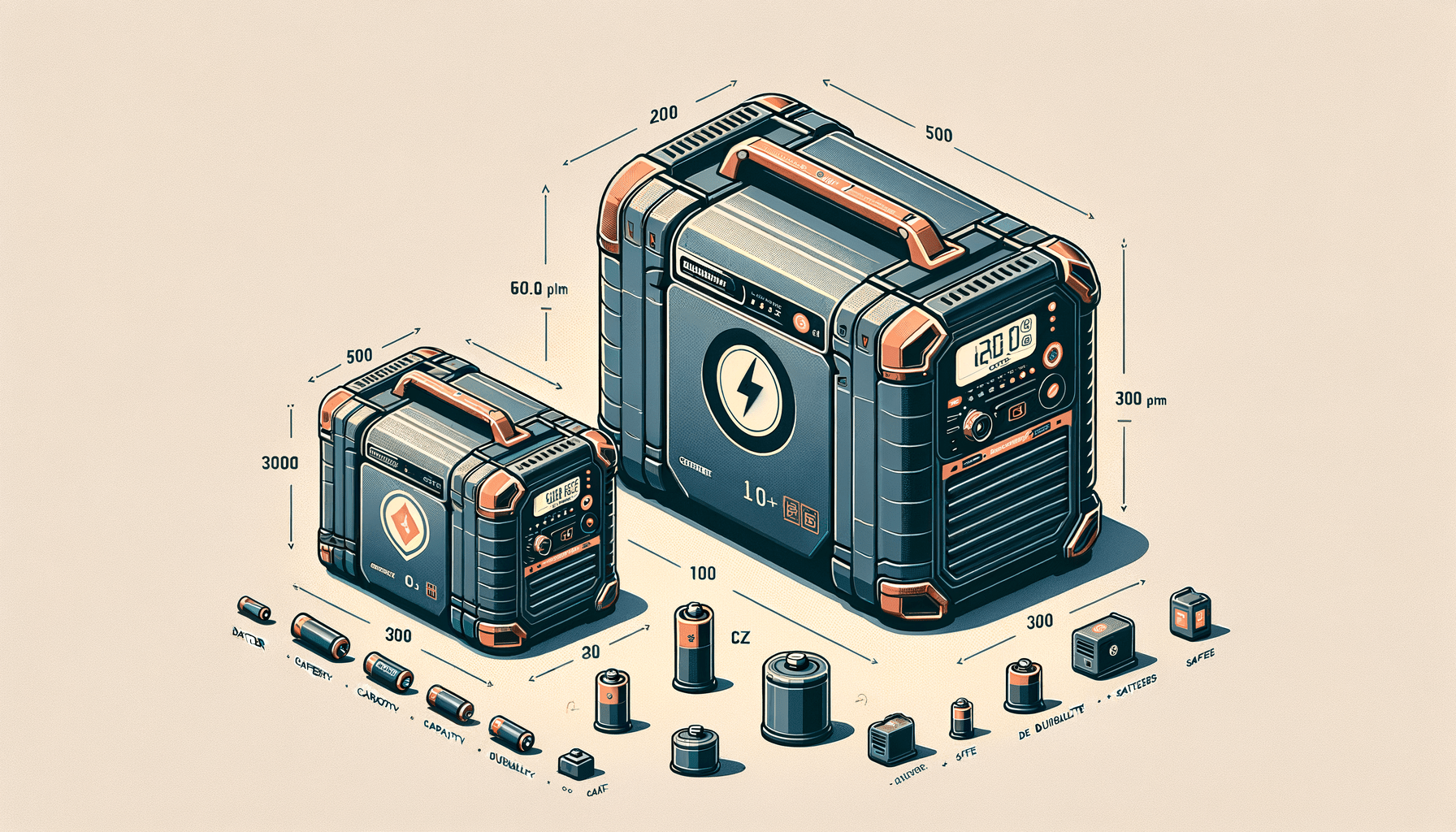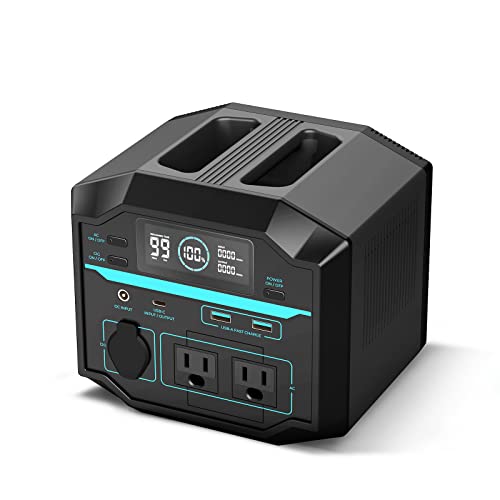When it comes to selecting a portable power station, the number of choices available can be quite overwhelming. Two prominent options that may attract your attention are the Renogy 200 and the Bluetti AC180. Both are designed to offer off-grid power solutions, but they cater to different needs and preferences. In this article, we’ll delve deep into a technical comparison to help you decide which product fits your power requirements best.
Introduction to Portable Power Stations
Portable power stations have become increasingly popular for outdoor enthusiasts and those seeking emergency backup power. They offer convenience and flexibility by storing electrical energy in a compact unit that you can take almost anywhere. With eco-consciousness on the rise, the ability to charge these power stations with solar panels makes them even more appealing.
Key Specifications at a Glance
| Feature | Renogy 200 | Bluetti AC180 |
|---|---|---|
| Battery Capacity (Wh) | 222 | 1,152 / 1,440 |
| Weight (lbs/kg) | 5.3 / 2.4 | 37 / 17 |
| Dimensions (in/mm) | 7.48 x 6.10 x 6.99 / 190 x 155 x 170 | 340 x 247 x 317 (L x W x H) |
| AC Outlet (W) | 200 Pure Sine Wave | 1,800 |
| Charging Methods | AC Adapter, USB-C, Car, Solar | AC, Solar, Car, Generator |
| Solar Panel Compatibility | Yes (sold separately) | Yes (up to 500W) |
| Cycle Life | Undefined | 3,500+ to 80% capacity |
| Warranty | 1 Year | 5 Years |
Diving Into the Details
Battery Capacity and Power Output
A crucial factor to consider is the battery capacity, measured in Watt-hours (Wh). The Renogy 200 offers a respectable 222Wh, suitable for charging smaller devices multiple times. On the other hand, Bluetti’s AC180 boasts a much larger capacity at 1,152Wh, extendable to 1,440Wh, and can power larger appliances and tools in addition to charging smaller gadgets.
Portability: Weight and Size Matters
The Renogy 200 shines in portability, weighing in at a mere 5.3 pounds and with compact dimensions, making it a breeze to carry on camping trips or in case of emergencies. Bluetti’s AC180, at 37 pounds, is significantly heavier and larger, but offers wheels for easier transportation, especially considering its high power output.
Charging Flexibility
Both models offer diverse charging methods, including solar, which is rapidly becoming a favored eco-friendly option. Renogy 200 can reach 80% charge in just 1.5 hours with maximum input, whereas the AC180 offers turbocharging abilities, charging up to 80% in 45 minutes when conditions allow.
Safety and Lifetime
Safety is paramount, and both units come with multiple protections against overcurrent, undervoltage, short circuits, and temperature extremes. Bluetti takes it a notch higher with its LiFePO₄ batteries, known for enhanced safety and longevity, providing over 3,500 cycles to 80% capacity and being backed by a 5-year warranty as opposed to Renogy’s 1-year warranty.
Usability and Extras
Renogy 200’s ease of use is reflected in its informative LCD display and compatibility with a range of devices. Bluetti’s AC180 adds convenience with app connectivity for monitoring power usage. Furthermore, the AC180 offers wireless charging, a feature absent in the Renogy 200.
Overall Verdict
The right choice for you depends on your specific needs. If lightweight portability for smaller electronics is a priority, Renogy 200 is the way to go. However, if you need to power heavy-duty appliances or require a larger power reserve, the Bluetti AC180 offers the increased capacity and output to handle those demands.




Leave a Reply